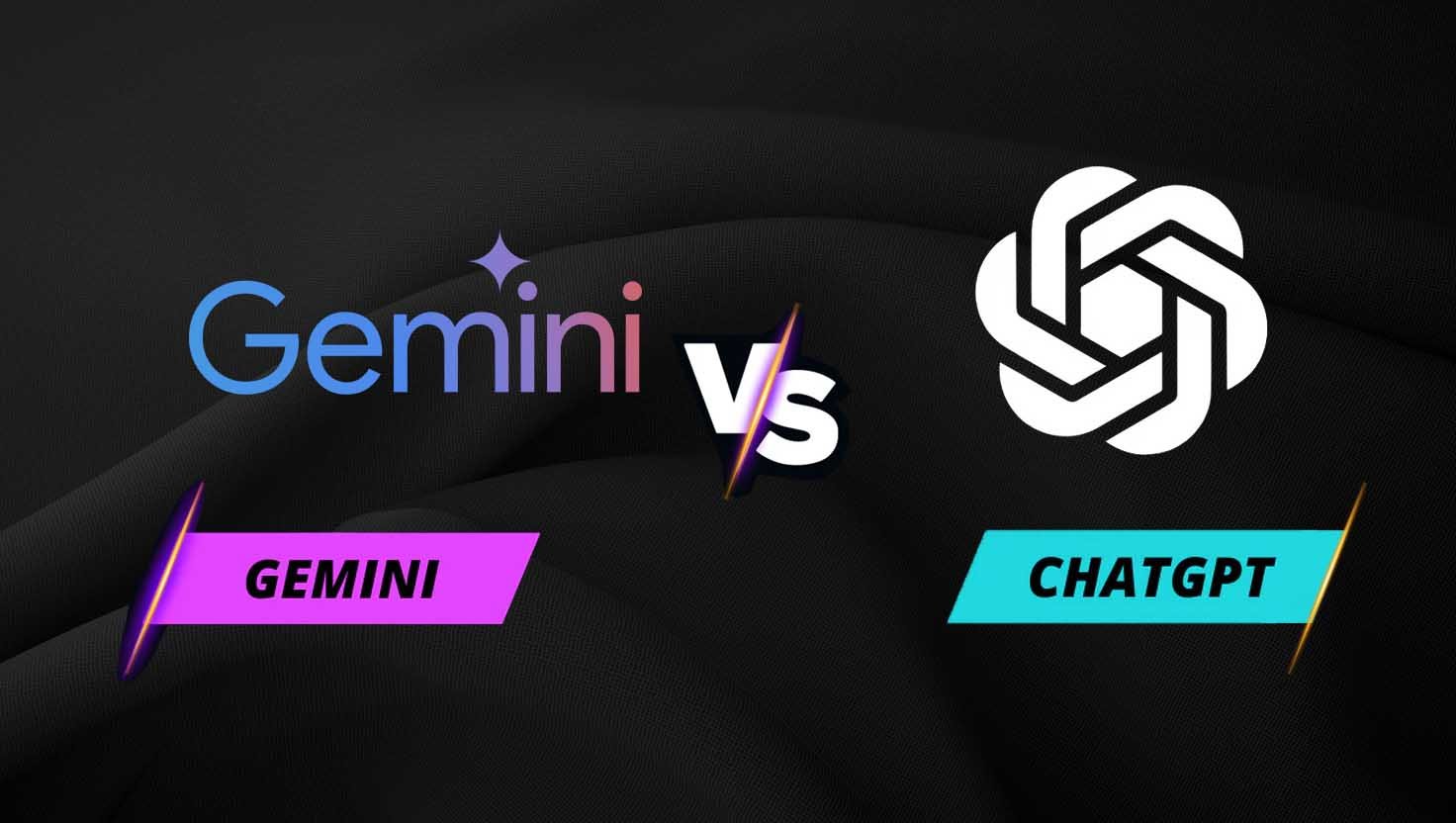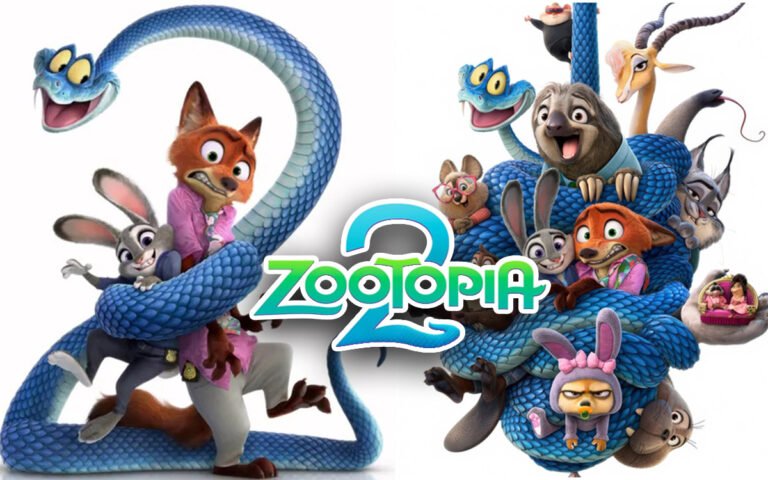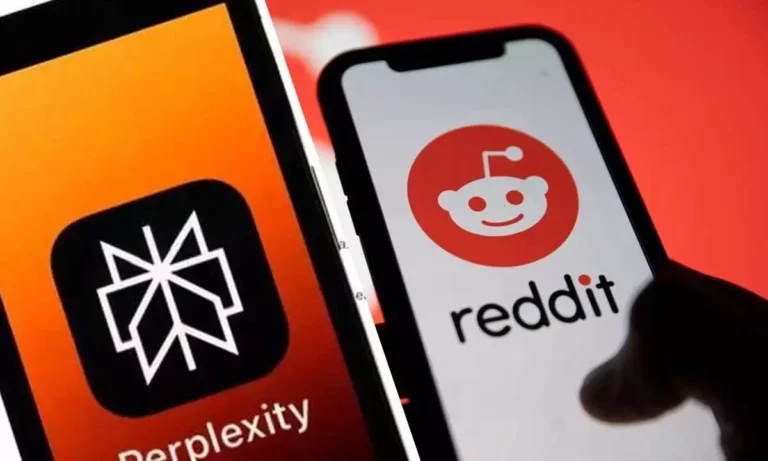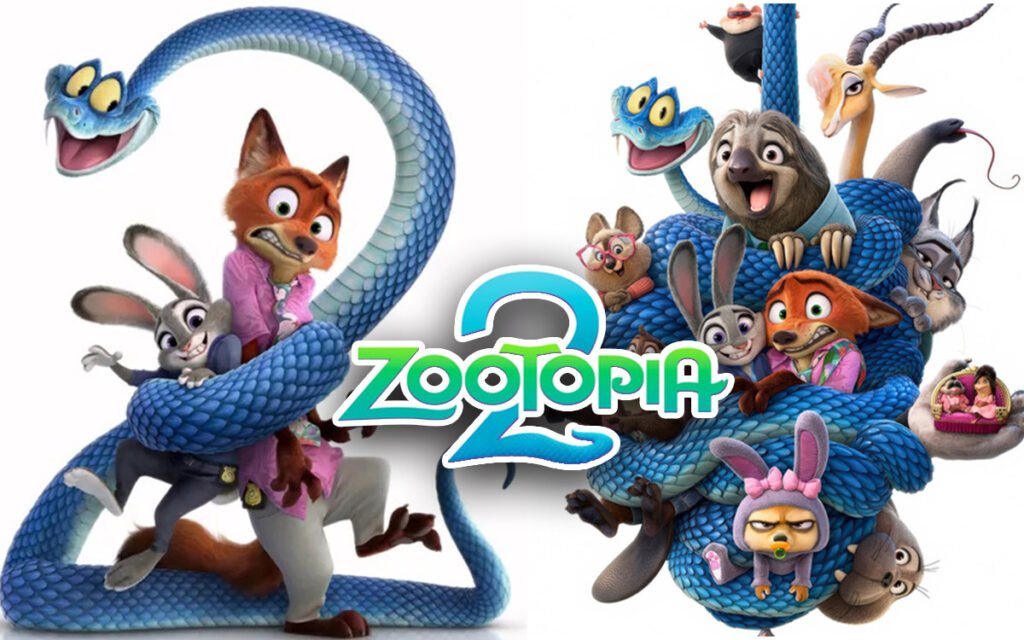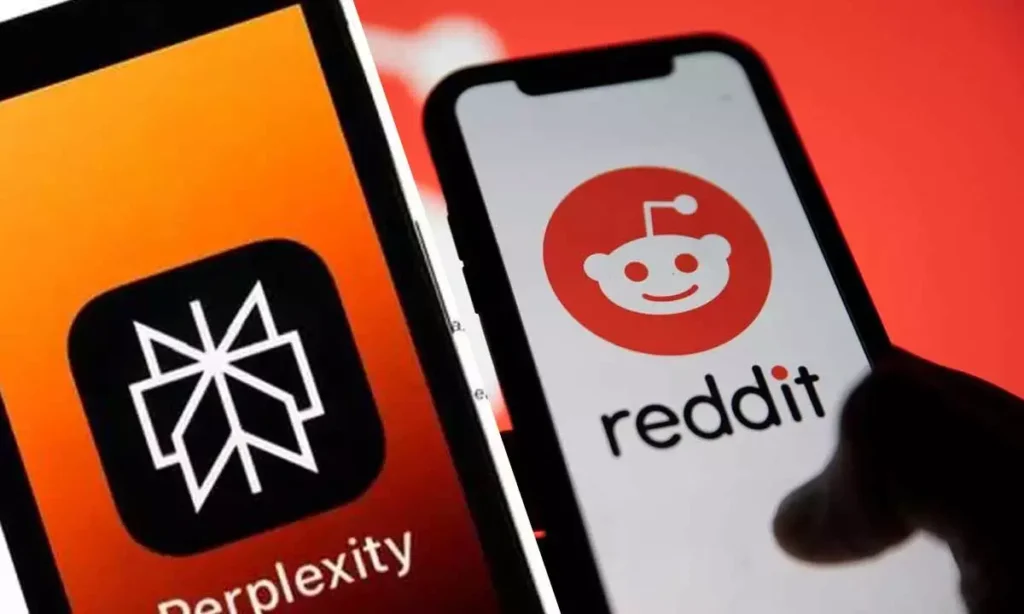The world of artificial intelligence has a new champion. Google’s Gemini 2.0 reportedly achieved a historic milestone. It supposedly passed a “Visual-Linguistic Turing Test” by a large margin. This event marks a major turning point in the AI race. The new model’s success has made the debate of Gemini 2.0 vs GPT-5 the hottest topic in tech. This breakthrough is more than a technical achievement. It signals a new era where AI can engage with us in ways we never thought possible.
The Historic Milestone of Gemini 2.0
AI has made great progress, but the Turing Test has always been the ultimate benchmark. Today, experts evaluate new AI models on a more advanced version of this test. This new test uses multimodal inputs, including voice and video. Reports suggest that Gemini 2.0 recently scored a remarkable 93% on this test. The model reportedly outperformed GPT-5, which scored 88%. This represents a significant victory for Google.
Passing this test shows the model’s ability to understand complex human communication. It analyzes visual cues, interprets tone, and responds in a way indistinguishable from a human. This is not just a triumph for Google. It is a huge step forward for the entire field of artificial intelligence. It also moves us closer to a truly general-purpose AI.
Real-World Applications: Gemini 2.0 vs GPT-5
The practical implications of this new AI are already visible. The Gemini 2.0 vs GPT-5 comparison is not just academic. For example, people are reportedly using the Gemini 2.0 model in high-stakes applications. It is being tested for ER diagnostics at the Mayo Clinic and for legal contract review at Kirkland & Ellis. The model’s speed and accuracy in these fields could revolutionize professional services. It could lead to faster diagnoses and more efficient legal processes.
However, this breakthrough comes with major ethical concerns. Critics are raising alarms about the technology’s dark side. The ability to mimic a person’s voice with just a 3-second audio sample is particularly worrying. This technology has massive deepfake risks. Ethicists warn that people could use such a powerful tool for fraud, blackmail, and other malicious purposes. The ongoing debate of Gemini 2.0 vs GPT-5 is, therefore, as much about ethics as it is about technology.
The Global Race and the Gemini 2.0 vs GPT-5 Rivalry
The AI race is a global one, and competition is fierce. As the debate around Gemini 2.0 vs GPT-5 heats up in the West, other players are making moves. For example, China’s DeepSeek-V4 has made bold claims of its own. It reportedly achieved 95% accuracy in Mandarin-language tests. Experts in the West have not yet independently verified these claims. However, this move highlights the intense global competition.
The race for AI supremacy is no longer just about who can build the most powerful model. It is also about who can do it most efficiently. Chinese firms are known for fast development cycles and a focus on practical applications. This international competition drives innovation. It also raises questions about global standards and responsible AI development. This global competition will shape the future of AI.
A New Era of AI and Human Interaction
The triumph of Gemini 2.0 marks a pivotal moment in technology. It shows that AI is becoming more human-like. This brings both great potential and great risk. On one hand, this technology could automate tedious tasks and create new industries. On the other hand, it could lead to new forms of fraud and deception. It is up to us to decide how we use this powerful technology. This is a moment of great change.
For more news and updates, please visit PFM Today.

